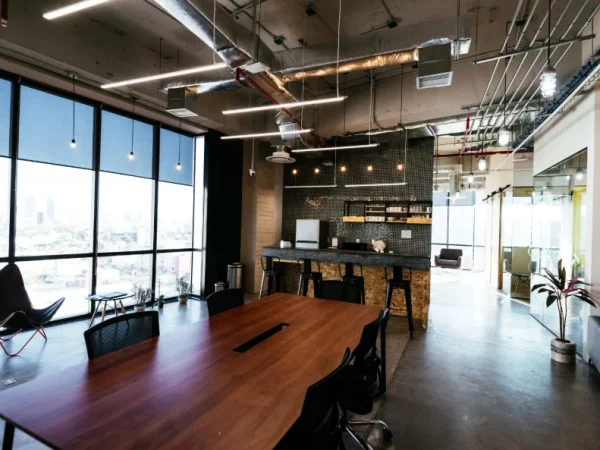
The Psychology of Loyalty: Why Rewarding Employees and Customers Creates Stronger Businesses?
Loyalty is often described as the glue that holds great businesses together. It’s what keeps customers coming back even when competitors knock at the door, and what makes employees stay committed when the job market is full of opportunities.
But loyalty doesn’t happen by chance it’s built on psychology, and it thrives when people feel genuinely valued.
Whether you’re leading a team or growing a customer base, understanding the emotional drivers behind loyalty can make all the difference.
Rewarding employees and customers isn’t just about perks or points; it’s about creating a sense of recognition, belonging, and shared success.
Why Loyalty is More Than a Transaction?

Most people like to feel that their time and effort matter. Customers want to know their loyalty is appreciated, while employees want to see that their contributions are recognised.
That emotional connection is powerful, it’s why people stick with a brand they trust or a company that supports them through thick and thin.
When businesses focus only on the transactional side, a discount here, a pay rise there they risk missing the deeper psychological need for connection.
Recognition and appreciation are what turn one-off interactions into long-term relationships.
Rewarding Your Customers
For customers, loyalty often begins with trust but is strengthened by rewards. Loyalty schemes have become a tried-and-tested way of showing appreciation.
Whether through points, exclusive offers, or membership perks, these programmes tell customers: we see you, and we value you coming back.
The behavioural triggers at work are straightforward: people like progress, they enjoy feeling special, and they respond positively when rewards feel personal.
Structured loyalty schemes can encourage repeat purchases and transform casual buyers into long-term advocates.
Rewarding Your Employees
Inside the business, the same principle applies. Employees who feel valued are more engaged, more productive, and more likely to stay.
While pay is important, benefits are often what tip the balance between staying and leaving.
Modern employee benefits programmes provide flexibility and recognition beyond the payslip.
From wellbeing support to lifestyle perks, these benefits show staff that their employer cares about them as people, not just workers. And in a competitive talent market, that can make all the difference.
Creating a Culture of Loyalty
The real power comes when customer and employee loyalty strategies work hand in hand. Employees who feel supported are more motivated to deliver excellent service.
That service creates positive experiences for customers, which strengthens their loyalty to the brand.
The growth that follows then gives businesses more resources to reinvest in employee benefits. It’s a cycle that feeds itself but only if loyalty is prioritised at both ends.
This is why forward-thinking organisations now view loyalty as part of their culture, not a standalone initiative.
It’s about embedding recognition and reward into everyday business, so that both employees and customers feel consistently valued.
Putting Loyalty Into Practice

So how can businesses harness the psychology of loyalty in practical terms? A few simple but effective steps include:
- Listening carefully to what employees and customers value most.
- Offering rewards that feel personal, rather than one-size-fits-all.
- Communicating recognition consistently, so it becomes part of the culture.
- Partnering with providers who understand how to design effective programmes.
Specialist support can make this easier. Providers such as Ello, which offers both employee benefits and loyalty schemes, help businesses create joined-up strategies that reward people in ways that matter.
Final Thoughts
Loyalty is emotional, not just financial. Customers return to brands they trust, and employees commit to workplaces that value them.
By rewarding both groups thoughtfully, businesses can create a culture where people feel invested and appreciated.
In an era where choice is everywhere, loyalty is a powerful differentiator. The businesses that thrive will be those that understand the psychology behind it and use rewards to build lasting connections on every level.





